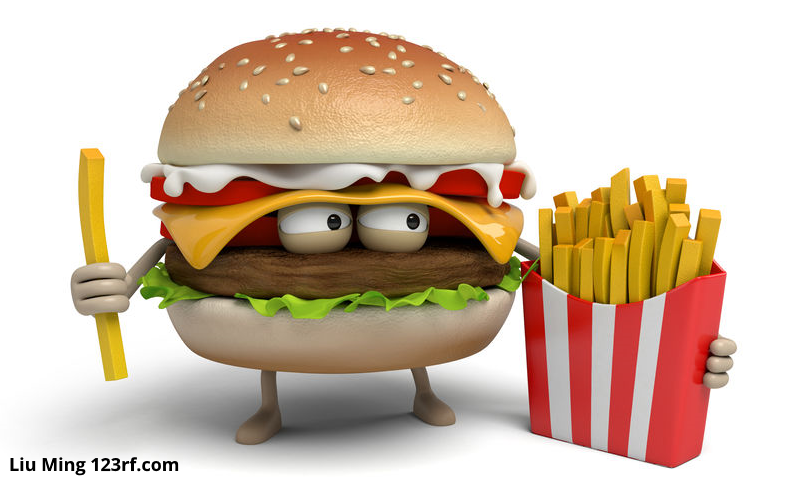Is a Scotch egg a substantial meal in a pub? Maybe not. Serve it with chips, it might be substantial. Two pints of lager and a packet of crisps does not count. But a plate of posh crisps with sides might just be substantial meal in premises that have “class and calibre”.
Shropshire and Telford and Wrekin are both in Tier 2, High Alert areas. Alcohol can only be served with a substantial meal.
Who enforces these regulations? The police have a role. And step forward the new phenomenon of Covid Secure Marshalls. Covid Marshalls for short. They are called Community Reassurance Teams here in Shropshire. This article looks at the role of marshals and the new regulations on drinking establishments required to serve a substantial meal with a drink.
On 9 September, Boris Johnson announced:
“We will boost the enforcement capacity of local authorities by introducing COVID Secure Marshalls to help ensure social distancing in town and city centres.”
Councils and the police have been since been funded to help businesses and the public to engage Covid-compliant behaviour. Shropshire Council has received £145,151.
Covid Marshals are tasked with ensuring that the public socially distance, do not gather beyond the Rule of Six and wear face masks where required. They also monitor compliance with the Covid regulations by shops, cafes, pubs and bars and other venues.
Shropshire Council says it aims to engage, explain and encourage before enforcement. Covid Marshalls do not have enforcement powers but can report incidents to the police and Shropshire Council’s public protection and licencing teams.
The council is pushing back against using the label Covid Marshals. In an internal note is says: “We do not use the term Covid Marshalls due to the negative connotations in the term.”
That that’s a bit like asking people not to call the council staff ticketing badly parked cars traffic wardens. Everyone calls Civil Enforcement Officers traffic wardens. It is inevitable that the Community Reassurance Teams will be called Covid Marshalls.
Much of England is not in Tier 2. Scotch eggs and Cornish pasties have made national and international news as ministers have stumbled over the definition of a “substantial meal”, revealing their lack of knowledge of eating out on a budget. Just add chips seems to be a common response as they are grilled by interviewers.
(Grilled minister? Would that be a substantial meal? Probably only with chips.)
The regulations that reintroduced the tier system on 2 December state in Schedule 2:
“A person responsible for carrying on a business of a public house, bar or other business involving the provision of alcohol for consumption on the premises must cease to carry on that business, unless… Alcohol is only served for consumption on the premises as part of a table meal, and the meal is such as might be expected to be served as breakfast, the main midday or main evening meal, or as a main course at such a meal.”
But as Jed Meers, Lecturer in Law at the University of York says in an article in The Conversation, it is not that simple to interpret this. He has studied the judgements licencing authorities make when allowing a premises different types of licence. He quotes a licencing hearing at Thanet District Council:
“Tying alcohol to food is no particular guarantee in of itself of how people behave… It’s not about forcing people to eat while they’re drinking… It’s a question of the class and calibre of the premises.”
Class and calibre? The phrase brings back memories of that cherished sketch with – in descending order – John Cleese, Ronnie Barker and Ronnie Corbett. But as Jed Meers points out, class and calibre has often been a factor in licencing decisions. A full plate of “high end” crisps served with posh dips met the definition of a substantial meal in Westminster. A packet of Walkers would not apparently do.
If Tyrells crisps with guacamole dips or a Scotch egg with chips pass muster as a substantial meal, I’m back in the pub. Could you pass the mustard?

